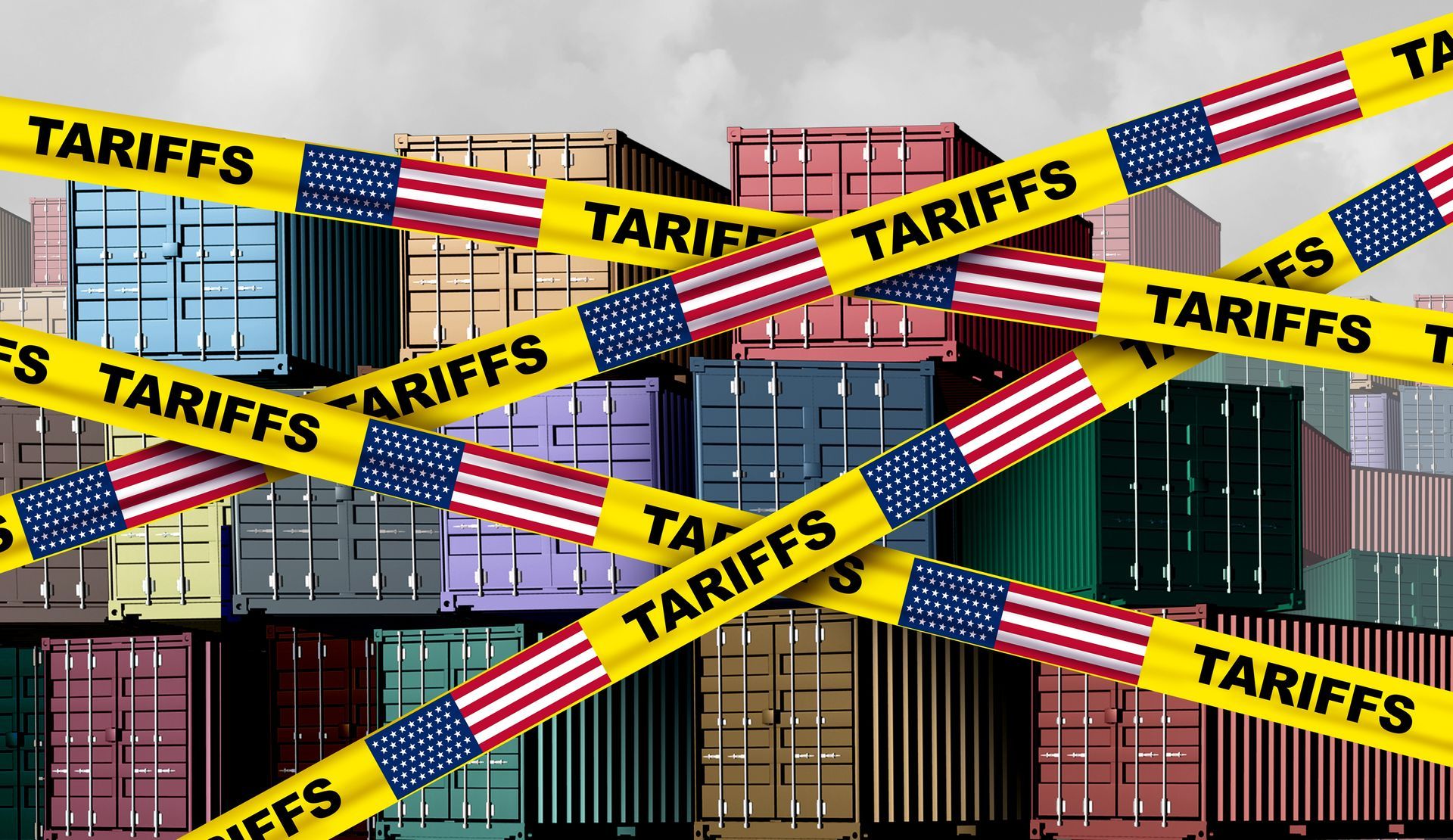Refunds on Reciprocal Tariffs: How An Importer of Satellites Claimed Reciprocal Duties Back Upon Launch Into Space
This case study demonstrates how companies can claim duty drawback on goods launched into space:
The Challenge:
A global company founded in Germany that provides launch services and in-space transportation solutions for small satellites was a casualty to the new reciprocal tariffs. As they specialize in enabling rideshare missions, where multiple small satellites are launched together on a single rocket, these satellites were always imported free of duty into the United States prior to their delivery to space. When the 10% blanket tariff was assigned to the imported multimillion dollar satellites, they needed to find a way to ease the extraordinary amount of duty dollars that they and their colleagues now had to pay.
The Solution:
The satellite company reached out to ITM for guidance. They were pleased to learn that under U.S. Customs regulations, they could file for duty drawback—a refund of duties paid—on goods launched into space. ITM assigned a dedicated program manager to oversee the process, which included securing the necessary Customs approvals and gathering detailed data from the importer. Within just months, ITM had successfully obtained the required authorizations and filed all claims related to the satellite launches.
The Impact:
The outcome was
highly beneficial:
- Over $3,000,000 in duty refunds were recovered due to ITM’s expert handling
- The importer’s internal team was able to delegate the entire drawback process, allowing them to focus on their tasks at hand
- The successful collaboration created a streamlined, profitable program that strengthened the company’s long-term relationships with foreign satellite manufacturers
The Takeaway:
This case underscores the broader opportunities available through duty drawback programs. By leveraging the option to claim drawback on items launched into space, the importer was able to recover substantial funds — and cover these unexpected costs which they in turn did not have to pass along to their manufacturing partners.
GET STARTED HERE
Get actionable advice on cost-saving strategies that boost your bottom line.
Subscribe here:






















